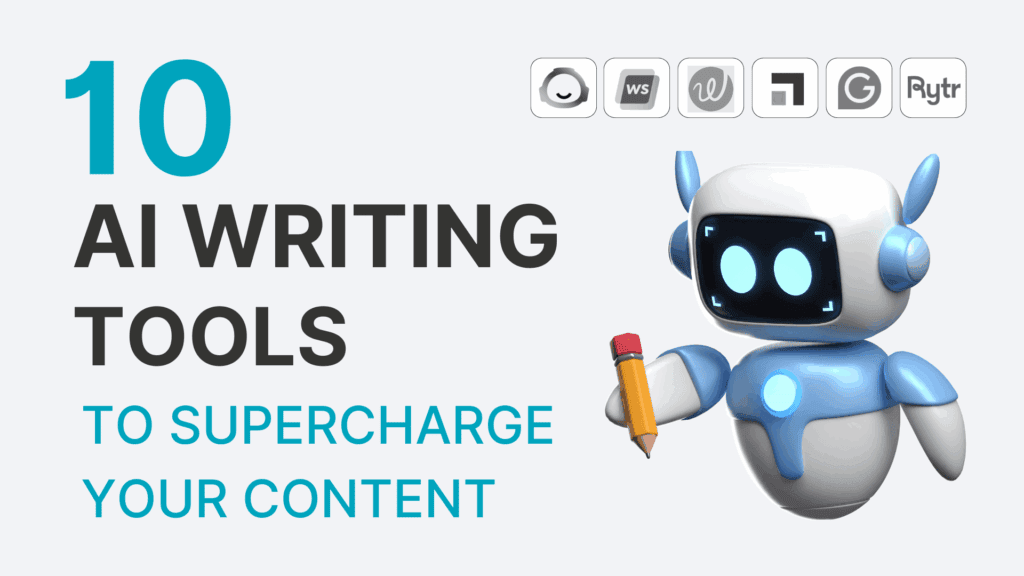Attribution refers to the process of assigning value or credit to the various touchpoints that contribute to a conversion. This concept plays a pivotal role in dissecting the customer journey and determining the impact of each interaction on the ultimate goal – a sale or conversion. In a landscape where multiple channels and affiliates may influence a customer’s decision, effective attribution is crucial for businesses to allocate resources wisely and optimize their marketing strategies.
Understanding Attribution in Affiliate Marketing
Both attribution and incrementality play pivotal roles in understanding campaign effectiveness and overall impact on business outcomes.
Attribution provides insights into which touchpoints were instrumental in influencing the decision, allowing businesses to identify high-performing channels. This knowledge is invaluable for refining marketing strategies, allocating budgets efficiently, and maximizing the impact of affiliate partnerships.
Types of Attribution Models
Understanding the different attribution models is essential for businesses to grasp the nuances of customer interactions. Various models exist, each attributing value differently to touchpoints in the customer journey. Common attribution models in affiliate marketing include:
Last-Click Attribution
Last-click attribution assigns full credit for a conversion to the last touchpoint the customer interacted with before making a purchase. While this model is straightforward, it may overlook the contributions of earlier touchpoints that played a role in guiding the customer through the sales funnel.
First-Click Attribution
Conversely, first-click attribution attributes full credit to the initial touchpoint that led the customer into the sales funnel. This model is beneficial for understanding the channels responsible for customer acquisition but may neglect the impact of subsequent touchpoints that influenced the final decision.
Linear Attribution
Linear attribution distributes credit evenly across all touchpoints in the customer journey. This model recognizes the contribution of each interaction, providing a more holistic view of the customer’s path to conversion. However, it may not distinguish between impactful touchpoints and those with minimal influence.
Time-Decay Attribution
Time-decay attribution assigns more value to touchpoints closer to the conversion, acknowledging that interactions closer to the purchase decision often carry greater significance. This model is suitable for businesses where customer journeys typically involve multiple touchpoints before a conversion.
Challenges in Attribution Modeling
While attribution is a powerful tool, it comes with its set of challenges, particularly in the dynamic landscape of affiliate marketing.
- Cross-Device Tracking: Customers today use multiple devices during their journey, making it challenging to track interactions seamlessly across platforms. Cross-device tracking is crucial for accurate attribution but requires sophisticated technology to connect the dots effectively.
- Influencer Attribution: Attributing value to influencer marketing poses unique challenges. Influencers often play a role at various stages of the customer journey, from awareness to consideration. Determining the impact of an influencer requires a nuanced approach to attribution.
- Data Accuracy and Privacy Concerns: Ensuring the accuracy of data used in attribution models is essential. Privacy concerns and regulations further complicate data collection, making it imperative for businesses to navigate this landscape ethically and legally.
Best Practices for Effective Attribution in Affiliate Marketing
Implementing the right attribution model for affiliate marketing is crucial for gaining accurate insights into the customer journey and optimizing marketing strategies. Here are some best practices to guide businesses in choosing and implementing the most effective attribution model:
Implement a Multi-Touchpoint Approach
Given the multi-channel nature of customer journeys, adopting a multi-touchpoint approach to attribution provides a more accurate representation of the customer’s path to conversion. This involves considering the impact of various touchpoints throughout the journey.
Leverage Advanced Analytics and Technology
Investing in advanced analytics tools and technology is crucial for accurate attribution. These tools enable businesses to track customer interactions across devices, channels, and affiliates, providing comprehensive insights into the customer journey.
Most of the affiliate networks offer attribution reports that include key features such as real-time data control, flexible attribution modeling, and a comprehensive suite of capabilities to assess the participation value of each partner and how to compensate sales based on the value partners drive.
Combine Attribution Models
Rather than relying solely on one attribution model, businesses can benefit from combining multiple models. This hybrid approach allows for a more nuanced understanding of the customer journey, considering both the first and last touchpoints, as well as the interactions in between.
Regularly Review and Adjust Attribution Models
The digital landscape is dynamic, and consumer behavior evolves. Regularly reviewing and adjusting attribution models ensures that businesses stay aligned with changing customer journeys and market trends.
Conclusion
Attribution emerges as a guiding light for affiliate marketers to help make smarter decisions about budget allocation, optimization, and audience targeting decisions. Understanding the customer journey, leveraging various attribution models, and navigating the challenges with best practices empower businesses to optimize their strategies. As the landscape continues to evolve, mastering attribution is not just a strategic advantage – it’s a necessity for those aiming to unlock the full potential of their affiliate marketing efforts.











